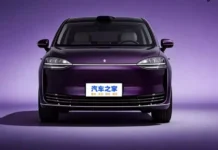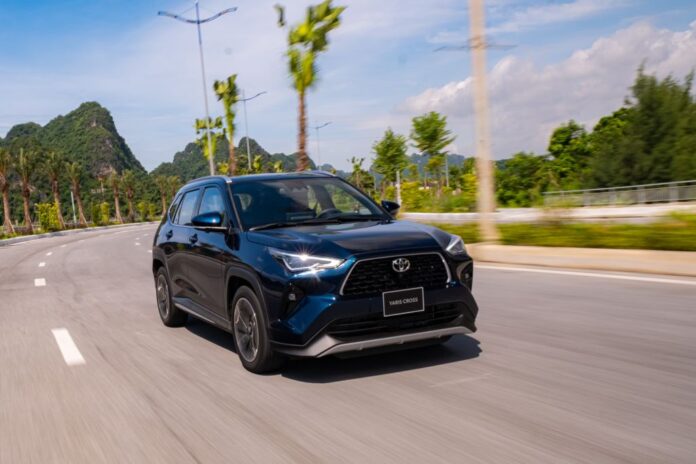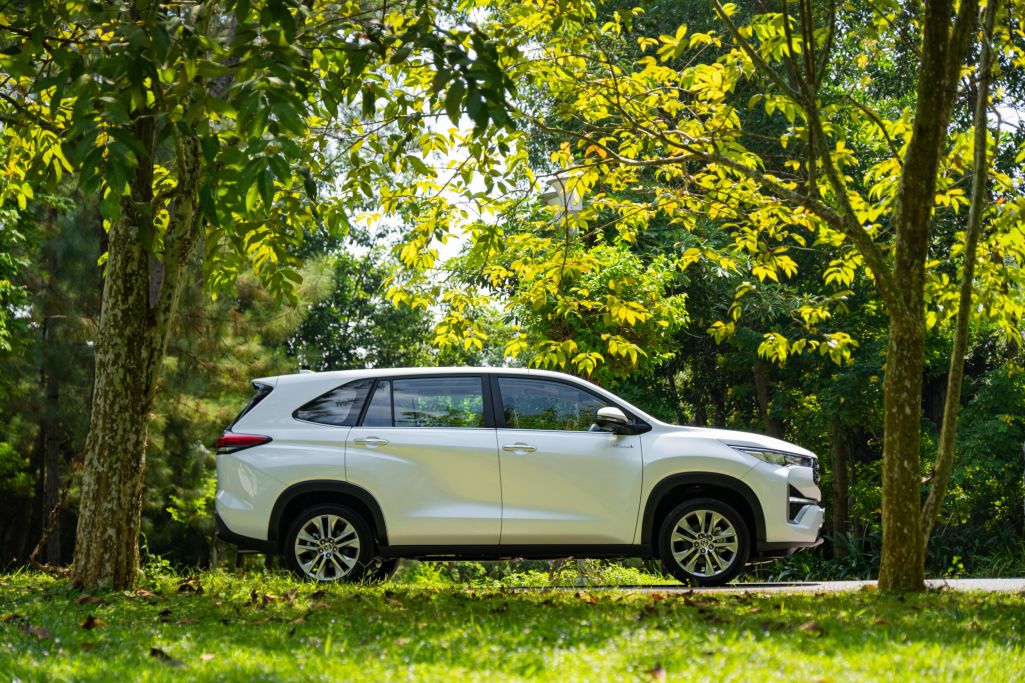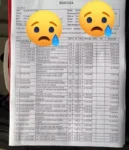Toyota Motor is set to commence hybrid vehicle production in Vietnam as early as 2027, marking a significant expansion in the company’s electrification strategy across Southeast Asia.
In parallel, Toyota will enhance its domestic production capacity to meet the growing demand for fuel-efficient vehicles.
According to Nikkei Asia, Toyota’s hybrid models will be assembled at its existing facility in Phu Tho province, located in northern Vietnam. This move positions Vietnam as the fourth country in Asia, following Thailand, Indonesia, and Malaysia, to join Toyota’s global hybrid production network.
The Vietnam Automobile Manufacturers’ Association (VAMA) reported that in the first nine months of 2025, Vietnam recorded 9,785 hybrid vehicle sales, a 70% increase compared to the same period last year. Despite this growth, hybrids still account for less than 3% of total new car sales, highlighting significant potential for future expansion.
Toyota plans to invest approximately $360 million (9.46 trillion VND) to upgrade and expand its Phu Tho plant. The investment includes adding three more stamping presses, bringing the total to four, and fully automating the painting process. The company will also transition to water-based paints to reduce environmental impact. These upgrades, expected to be completed by 2027 or later, will increase the plant’s annual capacity to around 100,000 vehicles, more than doubling its current output.
The Chairman of Toyota Vietnam stated, “New car sales in Vietnam could reach 1 million units annually by 2030. At that point, Vietnam’s market size will surpass Thailand and Indonesia, whose growth is beginning to plateau.”
Data from VAMA, VinFast, and Hyundai Motor indicates that Vietnam’s new car sales reached approximately 500,000 units in 2024, showcasing the fastest growth rate in the region.
Currently, VinFast leads the market with over 103,000 vehicles sold in the first nine months of 2025, primarily driven by compact electric models like the VF 3. The Vietnamese brand benefits significantly from government incentives, as electric vehicles are subject to a special consumption tax of just 1-3%, compared to a minimum of 35% for gasoline and hybrid vehicles.
To accelerate the green transition, the Vietnamese government plans to reduce the special consumption tax for hybrid vehicles by 30% compared to gasoline vehicles, lowering prices by approximately 10%. However, these incentives will be selectively applied based on localization levels and technological features.
Toyota emphasized its commitment to a “multi-pathway” approach in developing eco-friendly vehicles, encompassing fuel-efficient gasoline models, hybrids, fully electric vehicles, and fuel cell vehicles. The company views hybrids as the most balanced option in terms of cost and environmental impact in Southeast Asia, where electricity generation still relies heavily on fossil fuels.
With localized production plans and government support, Vietnam is poised to become Toyota’s new regional hub for hybrid vehicle assembly, ushering in a more sustainable era for the country’s automotive industry.
TH (Tuoitrethudo)

















































